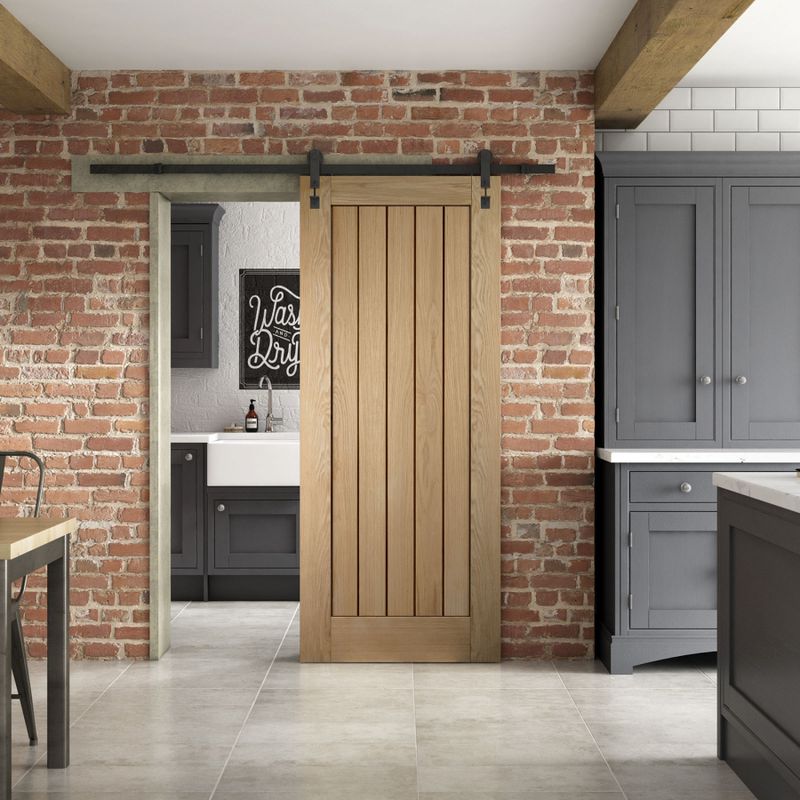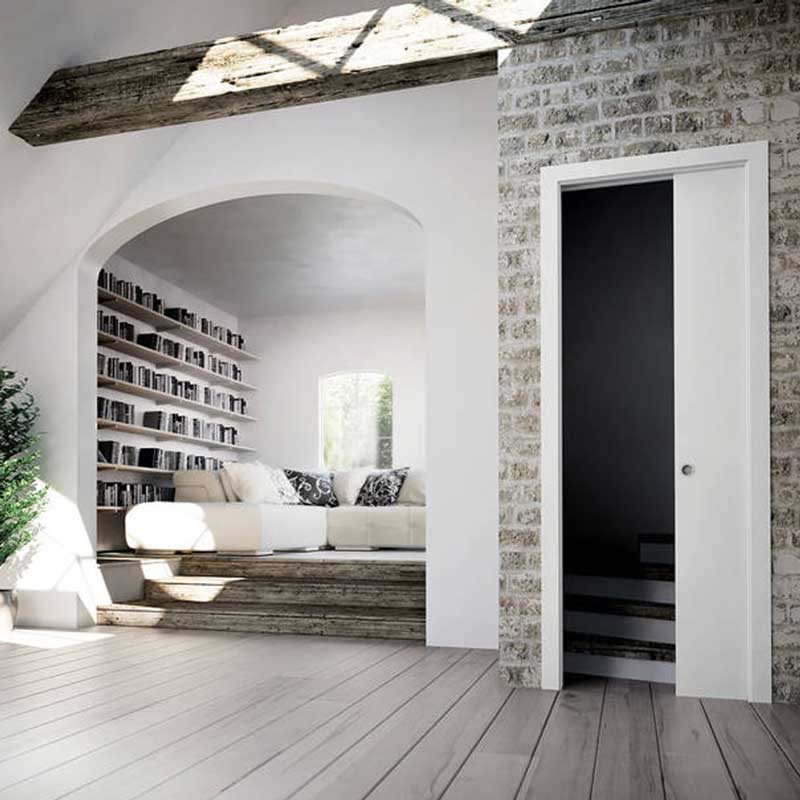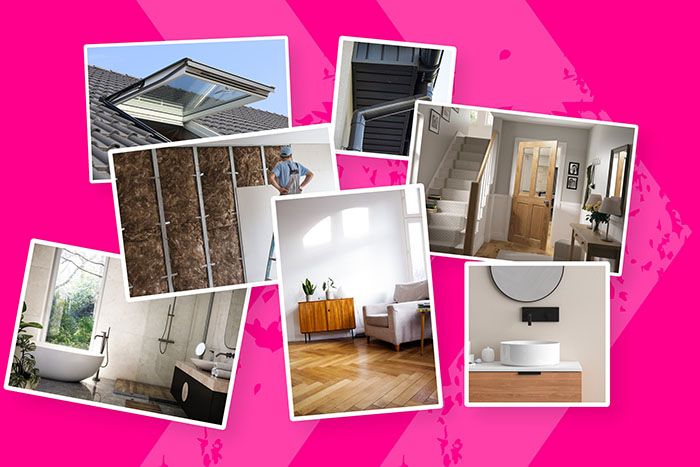Sliding doors are a great way to save space in rooms and apartments where space is limited.
The thing is:
Sliding double doors allow rooms to completely open up when wanted while also allowing for a level of privacy when required.
That being said:
Sliding doors can often present soundproofing issues due to the sliding mechanism.
For instance, you can’t completely seal the door and prevent air from escaping between the sliding mechanisms.
And if air can pass through, sound will travel through too.
But how do you resolve this?
Let’s find out!
Soundproof sliding doors

It is now possible to purchase soundproof sliding doors due to improvements in technology and design, meaning they have been heavily insulated to reduce the movement of sound as much as possible.
However, installing new sliding doors can be costly and time-consuming.
Sliding Door Seals
One option to reduce the amount of sound that passes through your sliding double doors is to install a sliding door acoustic drop seal. These are designed to form a seal in the sliding mechanism to reduce the amount of noise that passes through under the sliding doors.
Alternatively, you can purchase a perimeter seal which will run around the perimeter of the sliding doors, acting as a barrier against sound and air passing through. Most acoustic door seal kits include the seal to go around the sliding door frame, adhesive, and a soundproofing mat to ensure maximum soundproofing.
Soundproof Curtains
Another alternative would be to hang soundproof curtains above sliding doors. Although they do not cancel out all noise, they absorb sound to reduce the level of noise that transfers through.
If you’re looking at soundproofing internal sliding doors you can hang a pair of soundproofing curtains on each side, to maximise the levels of noise absorption.
Glazed Sliding Doors
If your sliding doors are glazed, this offers further opportunities for sound insulation. If you install double or triple glazing, this can massively reduce the amount of noise transfer – each layer of glazing reduces the amount of sound that passes through as sound does not travel as well through glass.
Additionally, you can purchase double or triple glazing where the panes are of different thicknesses – this means that the sound waves will be altered as they try to pass through panes of different thicknesses, so is even more effective at reducing the amount of sound that passes through.

Alternatively, if you do not have double or triple glazing you can create or purchase a window insert, which is a clear pane of glass or plastic that fits over the existing glazing to create a barrier that works similarly to double glazing.
If the sliding doors are not used for access, the other alternative would be to install sound barrier sheets or insulation across the doorway. As long as all gaps are sealed with a form of caulk it will help reduce the level of noise transfer significantly.








